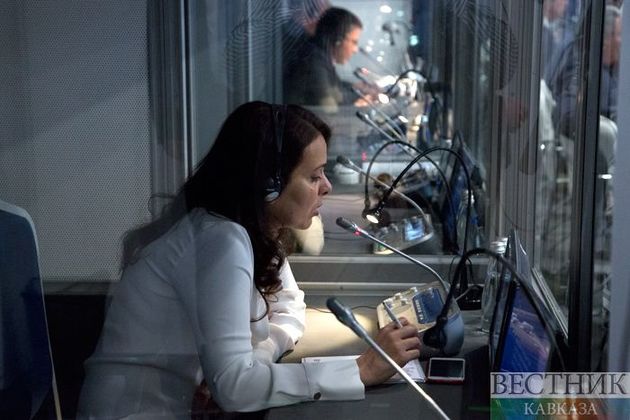Trials of a four-day week in Iceland were an "overwhelming success" and led to many workers moving to shorter hours, researchers have said.
The trials, in which workers were paid the same amount for shorter hours, took place between 2015 and 2019.
Productivity remained the same or improved in the majority of workplaces, researchers said.
A number of other trials are now being run across the world, including in Spain and by Unilever in New Zealand.
In Iceland, the trials run by Reykjavík City Council and the national government eventually included more than 2,500 workers, which amounts to about 1% of Iceland's working population.
A range of workplaces took part, including preschools, offices, social service providers, and hospitals. Many of them moved from a 40 hour week to a 35 or 36 hour week, researchers from UK think tank Autonomy and the Association for Sustainable Democracy (Alda) in Iceland said.
The trials led unions to renegotiate working patterns, and now 86% of Iceland's workforce have either moved to shorter hours for the same pay, or will gain the right to, the researchers said.
Workers reported feeling less stressed and at risk of burnout, and said their health and work-life balance had improved. They also reported having more time to spend with their families, do hobbies and complete household chores, BBC reported.






